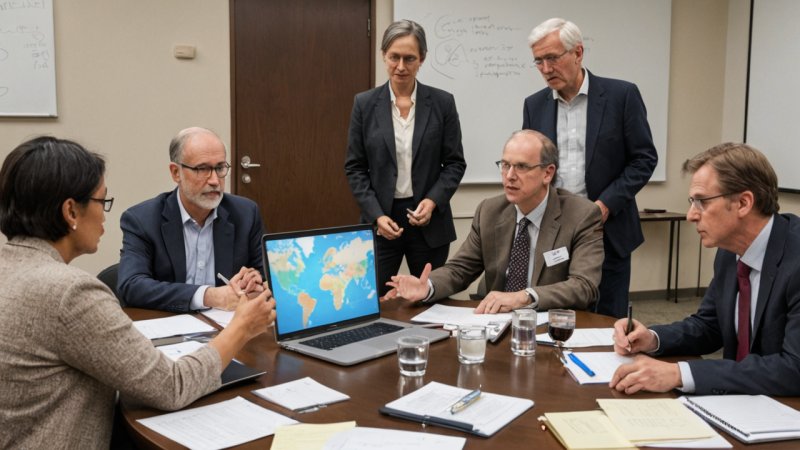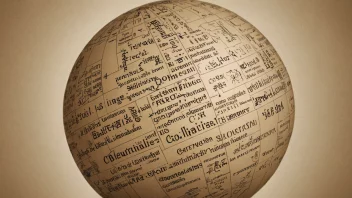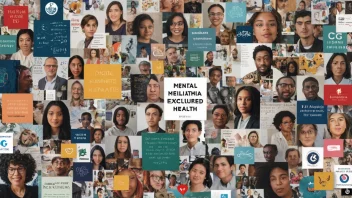In an increasingly interconnected world, global challenges such as climate change, social inequality, and cultural conflicts require multifaceted approaches for effective solutions. While science and technology often take center stage in these discussions, the humanities offer invaluable insights that can enhance our understanding and response to these pressing issues. By examining human behavior, culture, and history, the humanities provide a deeper context for the complex challenges we face today. One of the primary ways the humanities contribute to addressing global challenges is through the study of history. Historical analysis allows us to identify patterns and learn from past successes and failures. For instance, examining historical responses to pandemics can inform current public health strategies. By understanding how societies have navigated crises, we can adopt best practices and avoid repeating mistakes. Moreover, history helps us recognize the long-term impacts of decisions made today, particularly in relation to climate change and environmental policies. Literature also plays a pivotal role in shaping our understanding of global issues. Through storytelling, literature captures the diverse experiences of individuals and communities affected by global challenges. Works by authors from various backgrounds shed light on the personal impact of issues like migration, poverty, and social injustice. By reading these narratives, we gain empathy and a greater understanding of the human condition, which is essential for fostering solidarity across cultures. The humanities also encourage critical reflection on ethical dilemmas posed by global challenges. Philosophical inquiry into concepts such as justice, equity, and responsibility can guide policymakers and activists in their efforts to address social and environmental issues. For instance, discussions around climate justice emphasize the need to consider how environmental policies disproportionately affect marginalized communities. By engaging with these ethical considerations, we can strive for solutions that are not only effective but also fair and inclusive. Furthermore, the arts serve as a powerful medium for raising awareness and inspiring action. Artists, musicians, and filmmakers often tackle global challenges through their work, creating impactful pieces that resonate with audiences. Art has the unique ability to communicate complex ideas and emotions in ways that are accessible and engaging. For instance, documentaries about climate change or social movements can mobilize public opinion and motivate individuals to take action. Interdisciplinary collaboration between the humanities and other fields is essential for developing comprehensive solutions to global challenges. By integrating humanistic perspectives with scientific research, we can create more nuanced and effective strategies. For example, climate action initiatives that incorporate cultural narratives and local knowledge are more likely to resonate with communities and lead to sustainable practices. In summary, the humanities are vital for understanding and addressing global challenges. They provide historical context, foster empathy, promote ethical reflection, and inspire action through the arts. As we confront complex issues that require collaboration and creativity, the insights gained from the humanities will guide us toward a more just and sustainable world.
The Role of Humanities in Global Crisis Solutions
Explore how the humanities play a crucial role in addressing global crises by providing historical context, fostering empathy, and promoting ethical reflection.






